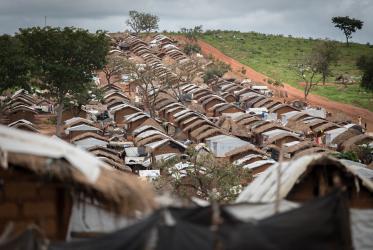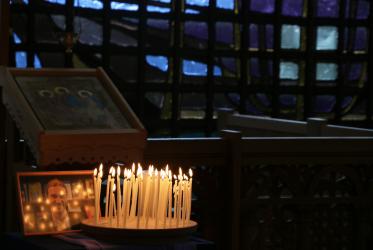Displaying 1 - 20 of 22
Ukraine: Responding to humanitarian need
08 September 2022
A faith-based, holistic approach to HIV and AIDS-care
13 March 2019
Faith and HIV treatment go hand in hand
06 March 2019
Turning mercy and compassion into action
04 March 2019
On the journey to HIV – bridging gaps, debunking myths
21 February 2019
Pope Francis at the World Council of Churches
31 May 2018
Seminar explores how populist rhetoric leads to racism
07 September 2017
Catholic-WCC group pursues new mandate
13 April 2016
WCC/UN conference calls for coordinated action on refugee crisis
20 January 2016
After Busan: A pilgrimage of justice and peace
29 January 2014



















